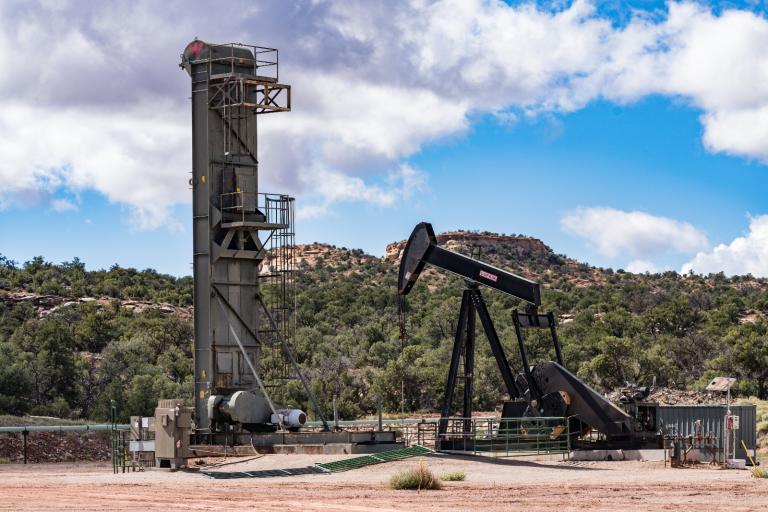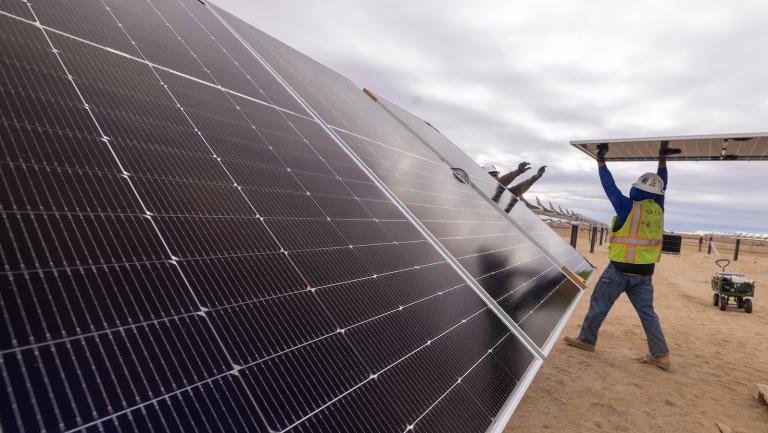Joe says Andy Revkin’s article on the candidates’ climate plans is reasonably fair, and I suppose I agree. It’s fair as a representation of conventional wisdom, if not particularly accurate as a representation of reality. (That’s not Revkin’s fault — claiming one side in a dispute is correct, while both the other side and the split-the-difference “centrist” conventional wisdom are incorrect, is "taking sides." Only bloggers do that.)
The overall effect of the piece is to convey to the reader the following: Both candidates have ambitious, expensive plans to deal with global warming. Obama’s are more ambitious and more expensive. McCain shows signs of scaling his ambitions back in the face of economic downturn, but Obama insists on going full steam ahead.
This is a frame readers understand well. Democrats love to spend public money on do-gooder quests; Republicans are more fiscally conservative. And it’s supported by stuff like this:
Without more details, it is not possible to estimate the costs of either candidate’s cap-and-trade plan, but economists generally agree that Mr. McCain’s would be less costly because of the offsets. But such offsets may also delay real decreases in greenhouse gas emissions.
McCain’s plan would levy an annoying but small price on polluters — the cost of what are, in effect, mandatory carbon offsets. That price won’t be large enough to push polluters to make the big investments needed to increase their own efficiency and lower their own emissions. And a good chunk of the permits are given away for free anyway.
Obama’s plan would levy a larger direct fee on polluting entities — in that sense it would be "more expensive" — but he also proposes higher efficiency standards, boosted R&D, and billions of dollars invested in green power, infrastructure, and job training. Those elements of the plan would have stimulative effect on the economy.
McCain’s program is "cheaper" if you look at direct costs for polluters. But by driving up energy efficiency, creating jobs, and stimulating economic growth, Obama’s plan would have lower total cost.
That we judge cost by narrow, myopic criteria is exactly what got us in our current mess.


